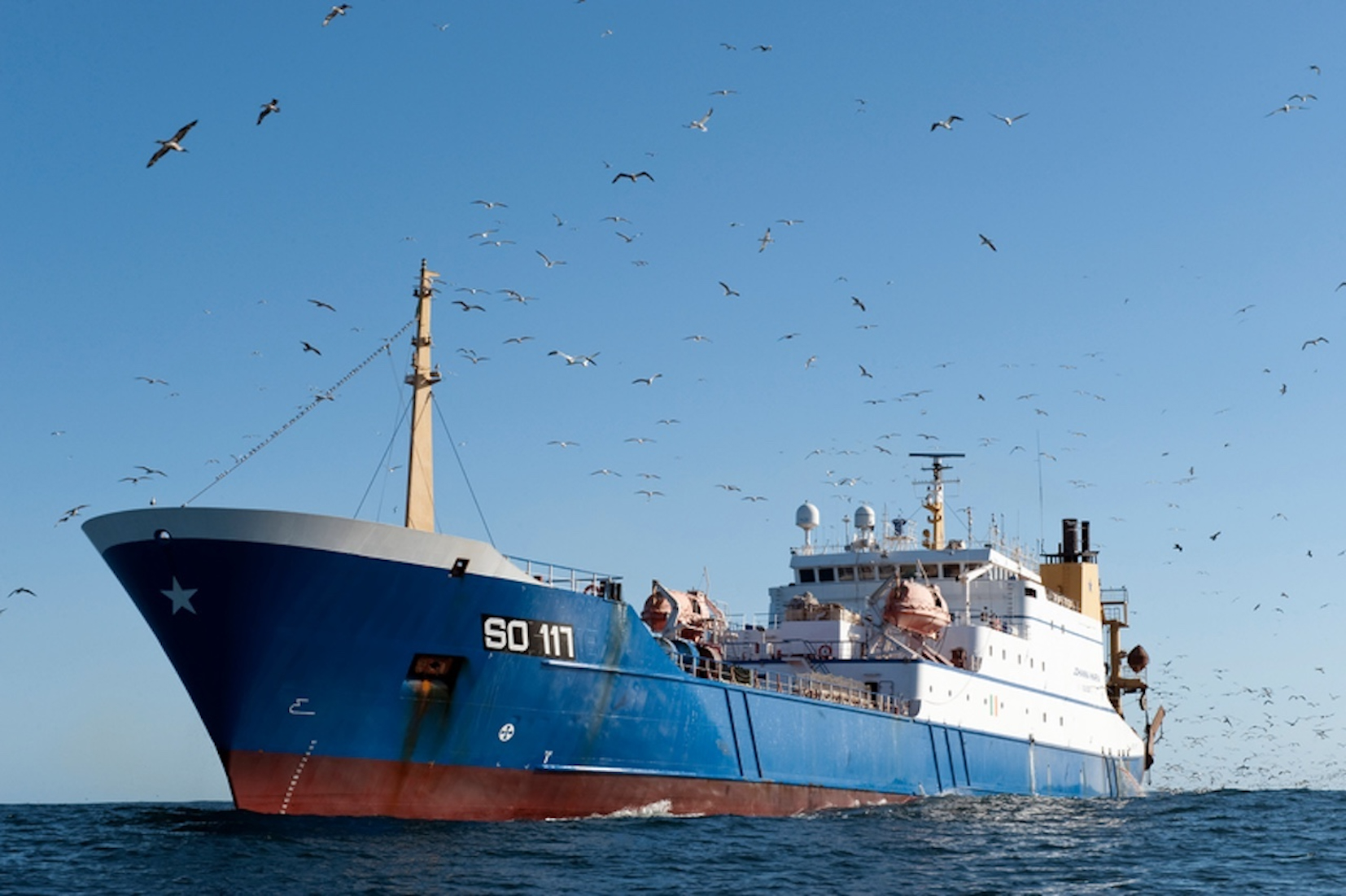In 2022, global ocean governance took a major leap forward. That “super year” included the World Trade Organization (WTO) ban on harmful fisheries subsidies, progress to secure agreement on the United Nations (UN) High Seas Treaty, the second UN Ocean Conference, and the adoption of ambitious ocean conservation targets.
With its 38 coastal states, Africa could be a significant player in shaping these determined steps to better global ocean governance — but its current approach lacks consistency across issues and projects.
This could change if African countries lend their weight to three key initiatives — making 2025 a “super year” for the continent. These are the High Seas Treaty (Biodiversity of Areas Beyond National Jurisdiction or BBNJ Treaty), deep-sea mining regulations, and the WTO fisheries subsidies agreement.
First, implementing the High Seas Treaty would have numerous potential benefits for African states, from shared marine genetic resources to technology transfer and capacity-building opportunities. Adopted in June 2024, the treaty protects marine biodiversity in areas beyond national jurisdiction, covering more than 60% of the ocean surface.
Sixty ratifications needed
So far, only two out of 55 African countries (Seychelles and Mauritius) have ratified the treaty. Sixty ratifications are needed by September to bring it into force.
Africa’s limited engagement in this crucial treaty is alarming, and the continent is severely underrepresented in shaping the future of high-seas governance. Signatory countries must accelerate the domestic legal processes required for ratification, and those who have not signed the treaty should take immediate steps to sign and ratify.
Second is the issue of deep-sea mining regulations. The debate over these rules is intensifying, with the International Seabed Authority aiming to finalise them by the end of 2025 — a deadline that is unlikely to be met.
Proponents of the regulations highlight their potential economic benefits, particularly for developing nations, through access to critical minerals needed for the green energy transition. But scientists warn against the rush for regulations. Studies reveal that while deep-sea mining could generate economic gains, environmental risks and uncertain long-term viability raise important questions.
The International Seabed Authority has also faced criticism, including allegations of improper information sharing with mining companies and favouring industry interests under British lawyer Michael Lodge’s leadership. Simultaneously, a growing movement of 32 nations launched by Palau, Fiji and Samoa in 2022, advocates for a pause on deep-sea mining in the absence of environmental safeguards and regulations against potentially harmful effects.
No African country has taken an official position on the matter — despite its possible impact on them. In 2021, the African Group at the International Seabed Authority criticised the rushed negotiations. It cited the regulations’ potentially negative effect on African economies, which heavily depend on mining green transition minerals like copper, cobalt, manganese and nickel — whose value could significantly drop with regulations.
Harm to marine ecosystems
African coastal communities also worry about deep-sea mining’s potential harm to marine ecosystems, which are already threatened by climate change, bottom trawling, and pollution stressors.
The 2024 election of Brazilian oceanographer Leticia Carvalho as the new International Seabed Authority secretary-general has brought promise. She pledged to prioritise transparency, accountability and science. Her appointment offers African states an opportunity to engage more actively in International Seabed Authority decision making on deep-sea governance.
African states should champion a delay in deep-sea mining until robust scientific evidence ensures its environmental safety. This stance embodies the precautionary principle, a key tenet of international environmental treaties.
The third key ocean governance initiative is the WTO’s 2022 Agreement on Harmful Fisheries Subsidies. The deal is crucial for promoting sustainable fishing and combating illegal, unreported and unregulated fishing — but lacks sufficient African support. Nearly 50% of industrial illegal fishing vessels operate in African waters, costing the continent more than US$11-billion annually, and making implementation of the agreement vital.
While 87 WTO members, including 18 African nations, have ratified the agreement, increased African involvement is needed to achieve the 111th ratification that will bring it into force. The next WTO Ministerial Conference in Cameroon (in 2026) aims to finalise negotiations on overcapacity and overfishing. African countries must prioritise ratification this year to ensure the agreement docks in Cameroon next year.
Africa needs to build on this global momentum and expand regional ocean governance partnerships, such as the 2030 Africa-Europe ocean roadmap. While ratification of global ocean agreements is crucial, African countries must simultaneously prepare for their implementation by developing technical capacity, mobilising resources and adopting capacity-sharing initiatives.
These processes are vital for Africa to fully benefit from any international agreement. Two developments could support the continent’s efforts.
Deadline for progress
First, the UN Ocean Conference scheduled for 9-13 June in Nice, France, could serve as a deadline for progress on all three initiatives. African countries should present a unified continental position on key ocean issues, emphasising their unique challenges and innovative solutions.
They can showcase successful African-led initiatives like the Great Blue Wall, demonstrating commitment to regenerative ocean management and shaping the conference’s action plan for political support and resource mobilisation.
Second, during South Africa’s 2025 G20 presidency, the Oceans 20 (O20) platform can advance discussions on ocean sustainability. The O20 is the first G20 group to recognise the ocean’s central role in the global climate agenda.
South Africa should champion the Brazil O20 recommendations — to promote a sustainable ocean economy, energy transition, food security, marine conservation and strengthening governance. The recommendations also include increased financing needed to tap into the ocean’s links to the UN’s sustainable development goals, and bridge the gap between the priorities of developed nations and the Global South.
Africa must move from reactive participation to proactive leadership in shaping our oceans’ future. And the continent’s engagement in international forums must be cohesive and aligned across various ocean-related initiatives. DM
David Willima is a Research Officer, Maritime, at the Institute for Security Studies (ISS) Pretoria.
First published by ISS Today.




